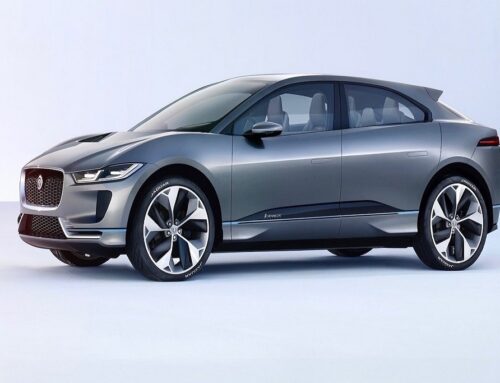One of the most significant breakthroughs in EV battery technology is the evolution of battery chemistry. Researchers and engineers are continuously fine-tuning the chemistry of lithium-ion batteries to improve their efficiency, energy density, and longevity. Some key developments include:
Solid-state batteries
Solid-state batteries are emerging as the next frontier in EV battery technology. By replacing the liquid electrolyte with a solid one, these batteries promise enhanced safety, higher energy density, and faster charging times. Companies like Toyota and Quantum Scape are at the forefront of solid-state battery research.
Silicon anode batteries
Silicon anode batteries are gaining attention due to their ability to store more energy than traditional graphite anodes. This is because silicon has a higher energy density than graphite, which means that a battery with a silicon anode can store more energy in the same amount of space. This technology can significantly increase the range of electric vehicles. Start ups like Sila Nano technologies are working on commercializing silicon anode batteries.
Lithium-sulfur batteries
Lithium-sulphur batteries offer the potential for higher energy density, reduced costs, and more sustainable materials when compared to lithium-ion batteries. Researchers are addressing challenges related to cycle life and stability, bringing these batteries closer to practical use.
Recycling and second-use batteries
As the prevalence of EVs grows, there is a corresponding increase in the need to recycle or find new purposes for the batteries they use. If we want to benefit from the potential environmental advantages of EVs, the recycling of EV batteries is essential. Companies like Tesla and Redwood Materials are actively researching more efficient and cost-effective recycling methods to address this need.
Additionally, exploring the possibilities of second-life batteries offers a promising avenue for re purposing used EV batteries. These batteries still retain a substantial amount of energy capacity even when they are no longer suitable for vehicle use, making them suitable for applications such as home energy storage.
Further EV technology battery innovations
Now that we’ve looked at the cutting-edge EV battery innovation let’s dive into what else is developing in the industry.
Fast charging and longevity
The convenience of fast charging is becoming a reality for EV owners. New battery technologies and charging infrastructure developments are making it possible to recharge EVs quickly. Furthermore, advancements in battery management systems are increasing battery lifespan, reducing concerns about degradation over time.
Wireless charging
Wireless charging technology is on the horizon, offering convenience and reducing the physical infrastructure required for charging stations. This technology utilizes electromagnetic fields to transfer energy from charging pads to vehicles, making EVs even more convenient.




